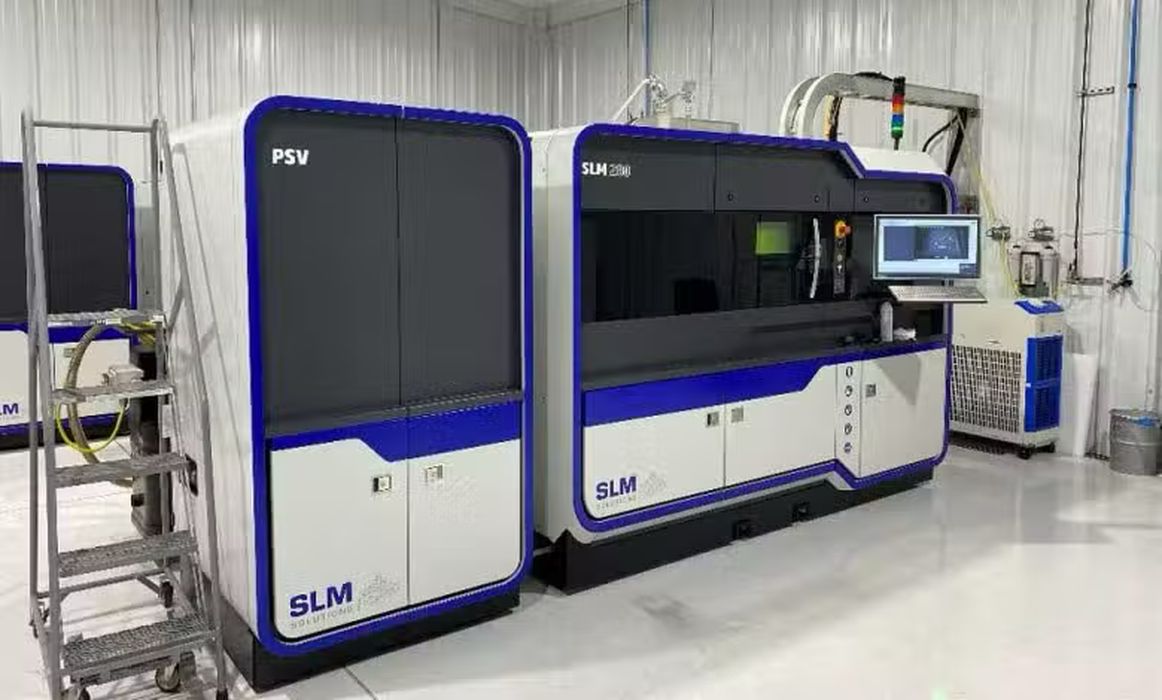
Howco Metals Management will also acquire a new SLM 280 metal 3D printer.
Nikon SLM Solutions, a pioneer in metal additive manufacturing, and Howco Metals Management LLC are partnering on an exclusive initiative to develop and deploy high-quality process parameters for C103 alloy, a niobium based material tailored for aerospace applications.
As part of the deal, Howco will acquire a new Nikon SLM 280 metal 3D printer and have exclusivity for non-defense applications of C103 for three years on both the Nikon SLM 280 and SLM 500 systems.
This strategic development enables Howco to significantly upscale its production capabilities, now totaling four Nikon SLM machines. The initiative amplifies Howco’s manufacturing capacity and diversifies its material offerings, particularly targeting the demanding aerospace sector with the introduction of C103—a high-performance alloy known for its robustness at elevated temperatures.
“Partnering with Nikon SLM Solutions has equipped us with unparalleled technological support, enabling us to expand into new markets beyond our traditional scope,” said Conrad Kao, Director of Additive Manufacturing at Howco. “These advanced SLM 280 PS systems empower us to enhance our operational efficiency and cater to the intricate needs of the aerospace industry.”
C-103 alloy is a niobium-based material extensively used in aerospace due to its remarkable heat resistance, lightweight, cost-effectiveness, reliability, and ability to withstand intense vibrations and cryogenic temperatures.
With a melting point of 2350 ± 50ºC and a density of 8.85 gm/cm³, it is ideal for space applications, super-heated thrusters, and rocket engines, notably in scramjet engine components.
First manufactured in America in 1965, C-103 was utilized in the Apollo lunar module rocket engine nozzle. This refractory metal alloy, composed of niobium, 10% hafnium, and 1% titanium, is known for its exceptional mechanical strength and stability across a wide temperature range.
The precise manufacturing process ensures a consistent microstructure and controlled material properties, making it a leading choice in propulsion and space exploration technologies.
Read the rest of this story at VoxelMatters
